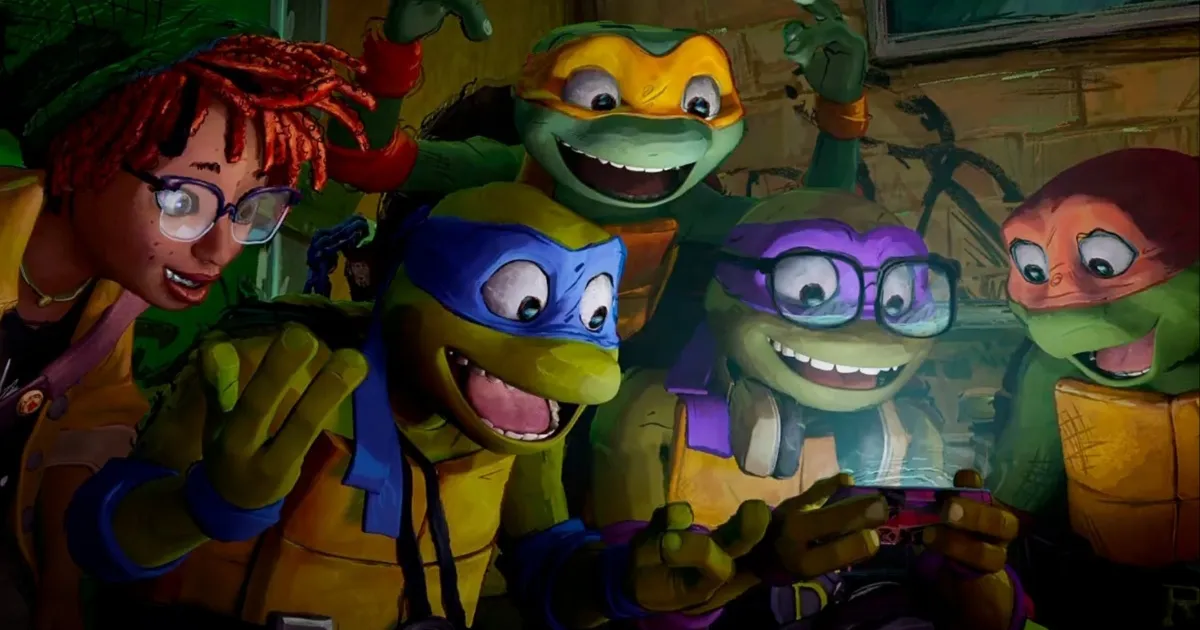Michael Culver, the veteran British actor who portrayed the doomed Captain Needa in The Empire Strikes Back and a bigoted police inspector in David Lean’s A Passage to India, has died. He was 85.
Culver died Feb. 27, according to Alliance Agents, which represented him for the past decade. No other details were immediately available.
Culver also appeared on lots of British television over the years, from The Befrienders, Secret Army and The Adventures of Black Beauty to The Return of Sherlock Holmes, Game Set and Match, The House of Eliott and the Derek Jacobi-starring Cadfael.
In Star Wars: Episode V — The Empire Strikes Back (1980), directed by Irvin Kershner, Culver’s character, as captain of the Imperial Star Destroyer Avenger, loses track of the Millennium Falcon piloted by Han Solo during a pursuit.
Needa takes full responsibility and apologizes to Darth Vader, who then kills him (“Apology accepted, Captain Needa”).
Culver then portrayed Major McBryde in the best picture Oscar nominee A Passage to India (1984), starring Academy Award winner Peggy Ashcroft, Judy Davis, James Fox and Alec Guinness. That would be Lean’s final film.
Culver was born in North London on June 16, 1938. His father, Roland, was a stage actor and his mother, Daphne, a casting director for the theater. (She is said to have discovered Richard Burton.)
He attended the London Academy of Music and Dramatic Art and as a member of the Old Vic company appeared back-to-back-to-back on Broadway in 1958 in Twelfth Night, Hamlet and King Henry V. In 1962, he made it to the West End in Judith.
Later, he showed up uncredited in the James Bond films From Russia With Love (1963) and Thunderball (1965).
Culver had a breakthrough with a starring turn alongside Jacobi and Anthony Bate in the 1977 ITV telefilm Philby, Burgess and Maclean, about three real-life MI5 agents who were working as Russian spies.
Alliance Agents said Culver largely gave up acting in the early 2000s to concentrate on political activism. Last year, he and fellow actor Mark Rylance successfully campaigned for a statue of late Iraq War protestor Brian Haw to be placed outside the Imperial War Museum in London.
Survivors include his second wife, Amanda; children Roderic, Justin and Susan; and four grandchildren.







